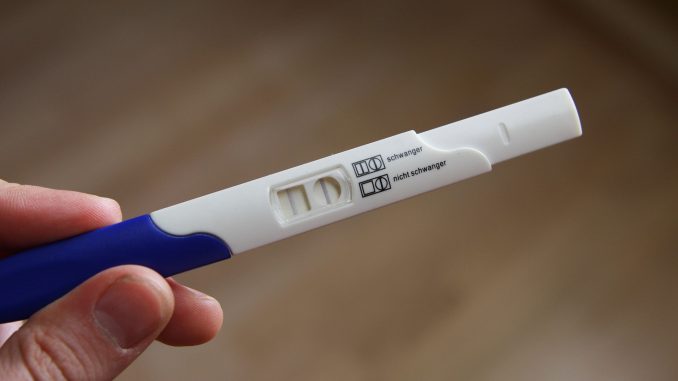
For women trying to get pregnant or those avoiding pregnancy, there are lots of fertility tracking apps and tools available. These claim to accurately predict the person’s “fertility window”, or the days the woman is most likely to fall pregnant.
These apps are used by millions of women. But do they really work? And how accurate are the results? If you’re not sure whether to rely on them, here’s everything you need to know:
How do fertility trackers work?
Research from the American Pregnancy Association says that the average menstrual cycle lasts between 28 and 32 days. Ovulation typically takes place between the 11th and 21st day of this cycle – this is when women are most likely to get pregnant.
Fertility trackers estimate the date of ovulation based on the individual’s cycle. You input your details, and it gives a prediction of your most fertile dates.
In cases where women have regular cycles, ovulation takes place in the middle of the month. However, with irregular cycles, this can be hard to predict. However, for many women, trackers can be a helpful tool in predicting fertility throughout the month.
How reliable are they?
How dependable these trackers are is still unclear. For example, one study carried out by Weill Cornell Medicine in New York City and published in Obstetrics & Gynecology, found that the dates given by the apps varied greatly.
Although the majority gave an accurate ovulation date, the fertility windows varied, with some including dates outside the official fertility windows provided by medical experts. In fact, some included dates several days after ovulation, when the chances of pregnancy are close to zero.
The researchers said, “Websites and electronic apps used by the general public to predict fertile windows are generally inaccurate. Because there is no rigorous screening process in effect to vet these websites and apps, we recommend caution in their use to assist with fertility.”
But, the researchers noted that the day of ovulation can vary between people and from cycle to cycle. This means that it’s possible the apps are taking these variations into account.
Overall, they can be a helpful tool for rough estimates of ovulation and for being more aware of menstrual cycles, although it’s still better to use ovulation testing kits for the most accurate results.
For couples struggling to conceive, the official advice remains: if the woman doesn’t get pregnant in six to twelve months, it’s always best to speak to a doctor or fertility expert. It’s not clear if apps make a difference, and it’s still important to have regular health checkups.


Leave a Reply